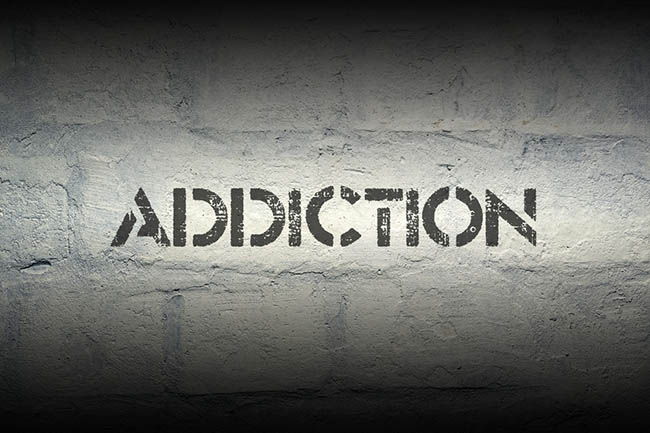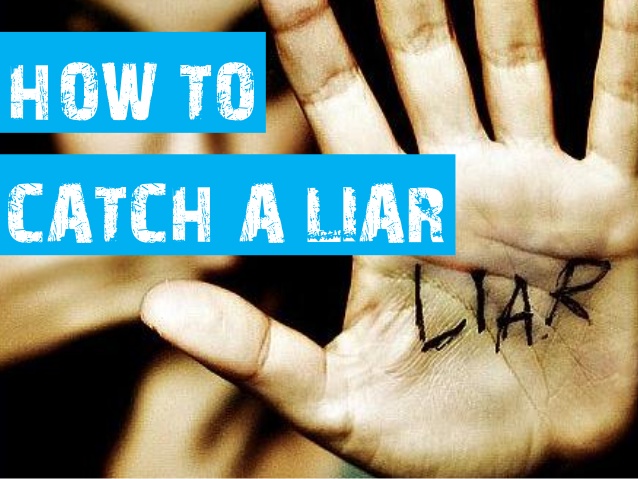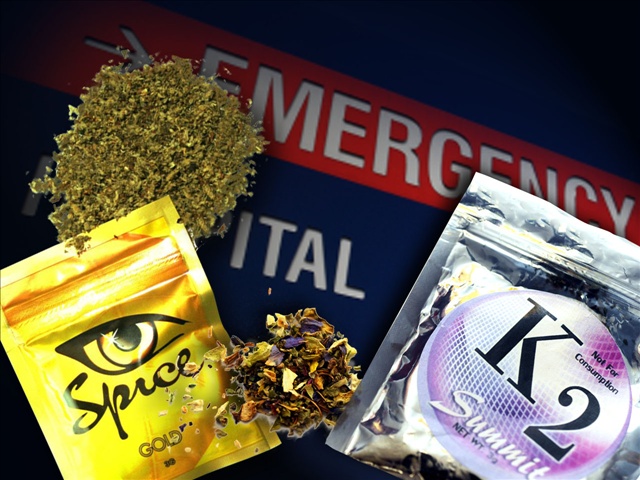
By Randy Moraitis, MA, CIP, BCPC
Often times clients will ask me how to tell whether they actually have an addiction (or how to tell if a family member may have an addiction). A great rule of thumb is to use the 3 C’s:
The 3 C’s
- CONSEQUENCES
- CRAVING
- CONTROL
In order to identify whether there is a problem, the first step is to ask whether one is troubled by the consequences of the use pattern. Does the person continue to use even when there are adverse consequences such as broken relationships, legal issues and loss of employment?
The second step is to ask if there is craving. Does the person want the activity they’re engaged in more and more over time? Are they often thinking about it and planning the next time to do it?
The third step is to identify if there is a control loss. Has the person lost control of the activities in their life? Whether they are drug involved, gambling involved, shopping involved or whatever. When someone is active in addiction their life is often out of control.
When someone meets the criteria of these 3 C’s, whether one, two or all three of them, then there is a good chance that they are experiencing an addiction and should receive a more thorough assessment.
If you think you or a loved one may have an addiction, please feel free to call or email me for a free consultation. Addiction is serious, but treatment can save lives.
Call me at 949-303-8264 or email me at randy@randymoraitis.com
Websites: www.carepossible.com, www.randymoraitis.com
Facebook: https://www.facebook.com/RandyMoraitisCoach/
Twitter: @rmoraitis
About Randy Moraitis
Randy is married to Kim and they live in Laguna Niguel. Together they have a blended family of five adult children and three beautiful grandchildren. (If you don’t believe Randy, he will gladly show you pictures!)
Randy is a Certified Intervention Professional (CIP) and expert in helping families and individuals affected by addiction and/or mental health issues through counseling, coaching and interventions. He is a Board Certified Pastoral Counselor and is both licensed and ordained as a pastoral counselor. He has five professional coaching certifications and loves working with clients on executive coaching, life coaching, wellness coaching and recovery coaching. Randy has a master’s degree with emphasis in theology and counseling, a bachelors degree in management and leadership, and a certificate in health and fitness with emphasis in exercise physiology and sports psychology from UC Irvine. He has been leading groups, individuals and families to mental, physical and spiritual healthy in Orange County for over 25 years.










